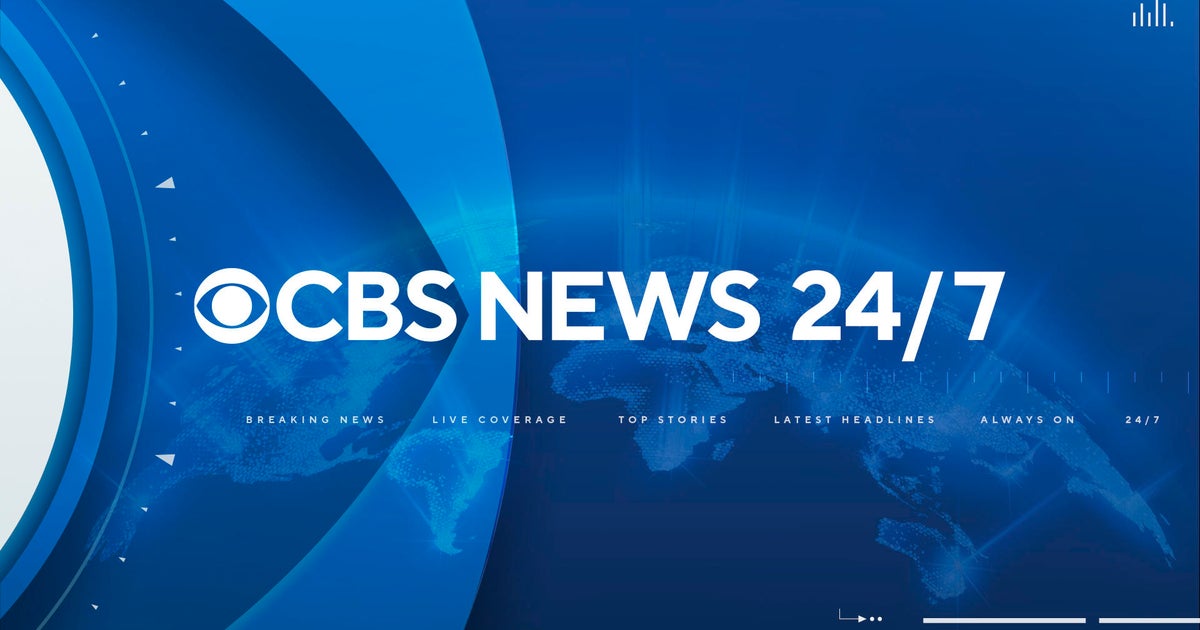Trending News: The Stories People Are Talking About
Trending News: The Stories People Are Talking About
Blog Article
Browsing the Information Landscape: Tips for Searching For Credible Details
In an age where details is abundant yet frequently undependable, browsing the news landscape with discernment is extremely important. Establishing the reliability of resources is the initial step, as comprehending the credentials of writers and the credibility of their magazines can significantly influence the top quality of details eaten. Furthermore, acknowledging biases and cross-checking facts are crucial techniques for fostering educated point of views. As we take into consideration these methods, one need to doubt just how to effectively execute them in today's swiftly advancing media environment-- an expedition that may disclose greater than prepared for concerning our involvement with information.
Assessing Resource Trustworthiness
Reviewing resource trustworthiness is essential for guaranteeing the reliability of info in an age marked by details overload. As people navigate various types of media, from digital articles to social media networks, discerning credible resources becomes vital. Trick factors to consider when examining resource reliability include the authority of the writer, the magazine's reputation, and the proof offered to support insurance claims.
First, take a look at the author's certifications and experience in the subject matter. Writers with appropriate academic or expert histories are more probable to give dependable insights. Next, consider the publication's online reputation; developed media electrical outlets commonly adhere to journalistic standards and fact-checking protocols, making them much more reliable.
Furthermore, assess the top quality and significance of the proof offered. Trustworthy resources often point out peer-reviewed researches, professional meetings, or main statistics, which reinforces their insurance claims.
Cross-Checking Details
Cross-checking details is an important technique for confirming the accuracy of insurance claims and avoiding the pitfalls of false information. This process entails comparing details from multiple trustworthy sources to establish its validity.
To properly cross-check information, it is crucial to use varied resources, including developed wire service, scholastic journals, and expert viewpoints. Each resource may offer an one-of-a-kind point of view or extra context that boosts understanding. Additionally, pay interest to the magazine dates of the information being reviewed, as updates or adjustments might have been issued.
Additionally, consider the context in which information exists. Look for affirming evidence, such as information, meetings, or direct accounts, that lend reliability to a claim. Beware of spectacular headings or mentally billed language, as these can suggest an attempt to adjust assumption.
Recognizing Bias and Viewpoint
Recognizing prejudice and point of view is crucial for navigating the complicated landscape of details. Every piece of information is infiltrated the lens of the author's experiences, ideas, and affiliations, which can dramatically shape the narrative presented. As consumers of details, it is important to acknowledge these prejudices, as they can cause distorted assumptions of truth.

It is also crucial to recognize your very own prejudices. Individual ideas can influence how you interpret information, making it necessary to come close to information with a crucial way of thinking. Engaging with diverse perspectives can help neutralize personal predispositions, permitting a more rounded understanding of problems.
Inevitably, recognizing bias and point of view in news coverage is not just an academic exercise; it is a vital skill for educated citizenship in a democratic society. By cultivating this understanding, individuals can make more educated choices and contribute to a more nuanced public discussion.
Understanding Fact-Checking Resources
Fact-checking sources play a pivotal function in discerning the precision of info in an age noted by misinformation and sensationalism. These sources, which consist of independent organizations and online systems, are devoted to verifying cases made by somebodies, media outlets, and social networks posts. They utilize extensive approaches to analyze the legitimacy of declarations, often citing initial resources and supplying context to help with understanding.
Some well-known fact-checking companies, such as Snopes, FactCheck.org, and PolitiFact, focus on various subjects, from political unsupported claims to viral internet insurance claims. Their job not just exposes incorrect details but additionally stresses the relevance of evidence-based discussion. By speaking with Check This Out these sources, individuals can develop a more discerning method to the details they experience.
Additionally, numerous fact-checking systems supply user-friendly user interfaces that permit quick searches by topic or claim, making it easier for users to find appropriate info without delay. Engaging with fact-checking sources fosters vital thinking and outfits customers with the tools needed to navigate the complex news landscape efficiently, eventually promoting a more enlightened public discussion.

Making Use Of Trusted News Aggregators
In today's hectic information landscape, trusted news aggregators offer as useful tools for people seeking dependable news sources. These systems assemble newspaper article from numerous respectable electrical outlets, providing customers with a consolidated view of present events. By curating web content from established media organizations, aggregators help users prevent the risks of misinformation and sensationalism usually common in much less trustworthy sources.
When using information aggregators, it is important to pick ones that focus on quality over amount. Look for systems that employ rigorous editorial requirements, making sure that the information provided is precise and credible. Popular collectors like Google News, Feedly, and Flipboard permit individuals to customize their news feeds based upon topics of interest, enabling a tailored experience that can improve knowledge and recognition.
Additionally, aggregators usually consist of functions such as fact-checking combinations and user scores, additionally aiding customers in critical reputable details - news. Nevertheless, while news collectors are useful, users need to remain vigilant and cross-reference info with primary resources when required. By leveraging trusted information collectors effectively, people can browse the complicated media landscape while staying informed with reliable and varied perspectives
Conclusion
In final thought, browsing the information landscape requires an organized method to make certain the consumption of qualified info. Furthermore, utilizing fact-checking resources and relied on information aggregators improves the ability to discern accurate coverage from false information.
Report this page